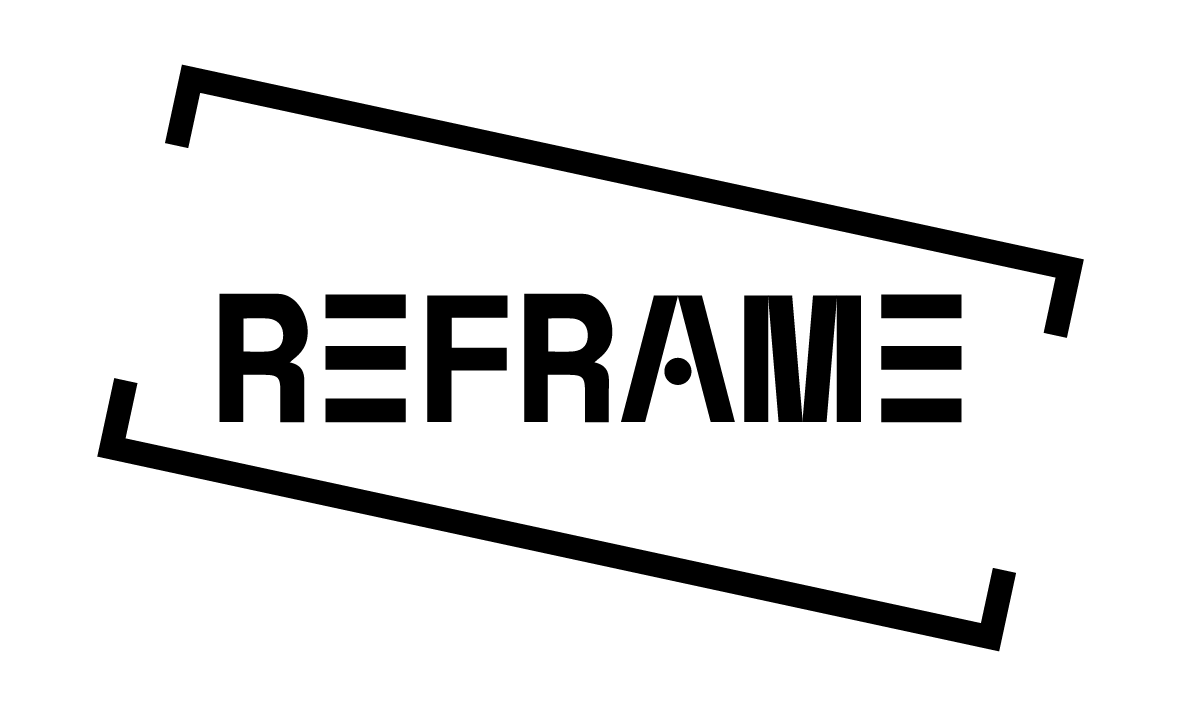
REFRAME
Reframing Arrival: Transnational perspectives on perceptions, governance and forced migrants' practices from 2015/16 - 2022/23
Partners
Project coordination
Chemnitz University of Technology (Germany)
Cooperation partner
University College London (United Kingdom)
Practice partners
City of Leipzig, Department for Migration and Integration
International Women / Internationale Frauen e.V., Leipzig
Contact Point Housing / Kontaktstelle Wohnen des Zusammen e.V., Leipzig
Project website
Funding
German Research Foundation (DFG), Arts and Humanities Research Council (AHRC, UK)
Duration
06/2024 – 05/2027
Summary
The recent history of flight and displacement around
the world shows that displacement is not a singular, temporary event, but part
of an ongoing crisis. Arrival and its governance, as well as ensuring
participation at the local level, are key challenges for the resilience of
cities and urban societies, including in the fields of shelter and housing,
neighbourhood integration and participation in everyday life. The context of
multiple crises, which today poses challenges for the urban future in general,
also requires a new look at migration as an important component of urban
reality. Based on this situation, the REFRAME research project aims to reframe
the paradigm of forced migration in the political and discursive sphere through
a systematic analysis and transnational comparison of data and discourses on
arrivals, the governance of forced migration at the local level in a
multi-level context, and the local struggles of forced migrants for access to
housing and participation. From the UFZ perspective, the (so far
under-represented) view on forced migration and its impacts plays a special
role in the debate on urban resilience at
the city and neighbourhood level (PP6.4 Resilient Cities) as well as for the
classification of the topic in the context of societal transformations towards sustainability
(IP 6).
REFRAME will carry out an international comparison based on three main strands:
- Perceptions of and discourses on the arrival of forced migrants and their impact on policy approaches in the field of housing and social cohesion (processed by TU Chemnitz)
- Governance of arrival, with a focus on housing and participation at the local level, its inherent conflicts and opportunities for strengthening urban citizenship as a contribution to social resilience (processed by UFZ)
- Co-constitution of refugees/migrants' practices and housing regimes (processed by UCL)
REFRAME aims to collect and comparatively analyse existing and newly collected
data on perceptions, discourses, policies and practices of refugee arrival,
housing and participation in selected sites in four national contexts (Germany,
Italy, Turkey, UK) between 2015/16 and 2022/23. The transnational multi-sited
comparative approach will disentangle locally specific factors from more
universal phenomena and thus make nuanced statements about different 'framings
of arrival'.
In this way, REFRAME helps to identify challenges and
barriers to the arrival and reception of refugees in the course of the process
and in the relevant relational dimensions. In addition, REFRAME discusses the
societal, social, spatial and colonial implications of arrival, integration and
participation on local urban societies in the context of forced migration, both
historically, socially, and emotionally. The research findings will not only
advance the conceptual discourse, but also inform policy debates on local
responses to forced migration.
Project Activities
The work programme is divided into five work packages (WPs) and includes cross-cutting tasks. The UFZ team contributes to all work packages in cooperation with the project partners and focuses on WP1 and WP3.
In WP1, the analytical framework for the project will be refined on the basis of a literature review and document analysis. In WP3, the governance of arrival with a focus on housing and participation at the local level, as well as the inherent conflicts and opportunities for strengthening local participation of forced migrants as a contribution to social resilience are analysed and evaluated. The research focuses on the city of Leipzig, but places it in an international context and incorporates impulses from the other case studies analysed in the project into the discussion of the Leipzig case.
News about the project activities will be available here in the future.
Publications
Relevant project results will be published here in future.
